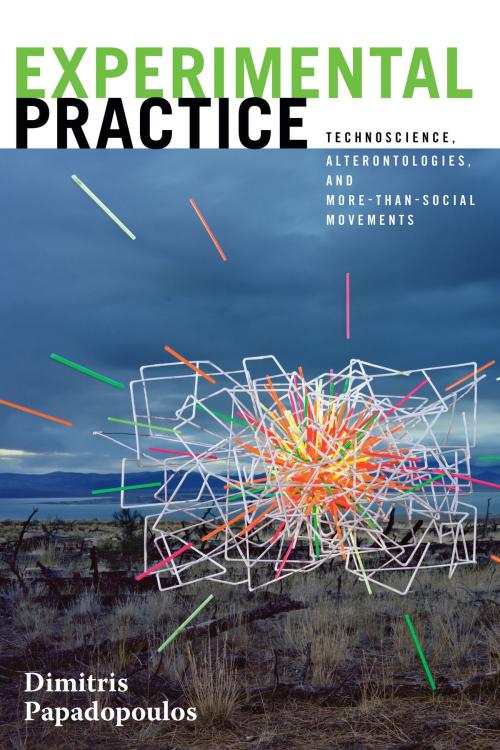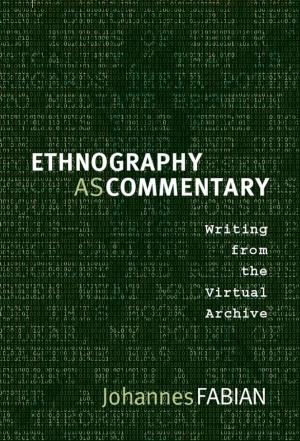Experimental Practice
Technoscience, Alterontologies, and More-Than-Social Movements
Nonfiction, Science & Nature, Science, Other Sciences, History, Social & Cultural Studies, Social Science, Anthropology, Sociology| Author: | Dimitris Papadopoulos | ISBN: | 9781478002321 |
| Publisher: | Duke University Press | Publication: | July 16, 2018 |
| Imprint: | Duke University Press Books | Language: | English |
| Author: | Dimitris Papadopoulos |
| ISBN: | 9781478002321 |
| Publisher: | Duke University Press |
| Publication: | July 16, 2018 |
| Imprint: | Duke University Press Books |
| Language: | English |
In Experimental Practice Dimitris Papadopoulos explores the potential for building new forms of political and social movements through the reconfiguration of the material conditions of existence. Rather than targeting existing institutions in demands for social justice, Papadopoulos calls for the creation of alternative ontologies of everyday life that would transform the meanings of politics and justice. Inextricably linked to technoscience, these “alterontologies”—which Papadopoulos examines in a variety of contexts, from AIDS activism and the financialization of life to hacker communities and neuroscience—form the basis of ways of life that would embrace the more-than-social interdependence of the human and nonhuman worlds. Speaking to a matrix of concerns about politics and justice, social movements, matter and ontology, everyday practice, technoscience, the production of knowledge, and the human and nonhuman, Papadopoulos suggests that the development of alterontologies would create more efficacious political and social organizing.
In Experimental Practice Dimitris Papadopoulos explores the potential for building new forms of political and social movements through the reconfiguration of the material conditions of existence. Rather than targeting existing institutions in demands for social justice, Papadopoulos calls for the creation of alternative ontologies of everyday life that would transform the meanings of politics and justice. Inextricably linked to technoscience, these “alterontologies”—which Papadopoulos examines in a variety of contexts, from AIDS activism and the financialization of life to hacker communities and neuroscience—form the basis of ways of life that would embrace the more-than-social interdependence of the human and nonhuman worlds. Speaking to a matrix of concerns about politics and justice, social movements, matter and ontology, everyday practice, technoscience, the production of knowledge, and the human and nonhuman, Papadopoulos suggests that the development of alterontologies would create more efficacious political and social organizing.















